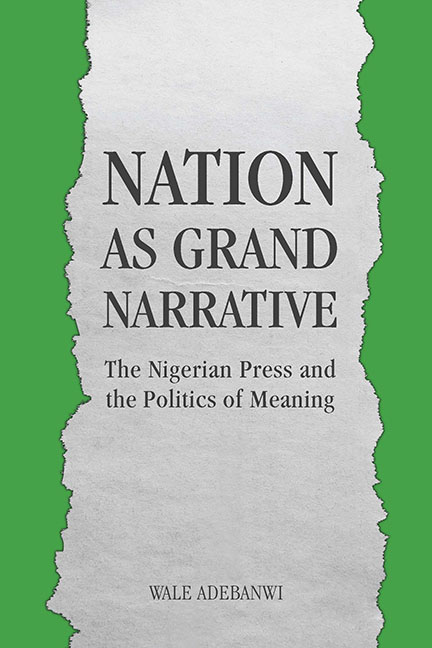Book contents
- Frontmatter
- Dedication
- Contents
- List of Illustrations
- Acknowledgments
- Part I Contextual and Conceptual Perspectives
- Part II Colonial Agency and Counterhegemonic Struggles
- 3 In Search of a Grand Narrative: The Press and the Ethno-Regional Struggle for Political Independence
- 4 Hegemony and Ethno-Spatial Politics: “Nationalizing” the Capital City in the Late-Colonial Era
- Part III Inclusion, Exclusion, and Democratic Contestations
- Part VI Domination and Resistance in Majority-Minority Relations
- Conclusion: Beyond Grand Narratives
- Notes
- Bibliography
- Index
4 - Hegemony and Ethno-Spatial Politics: “Nationalizing” the Capital City in the Late-Colonial Era
from Part II - Colonial Agency and Counterhegemonic Struggles
Published online by Cambridge University Press: 16 February 2018
- Frontmatter
- Dedication
- Contents
- List of Illustrations
- Acknowledgments
- Part I Contextual and Conceptual Perspectives
- Part II Colonial Agency and Counterhegemonic Struggles
- 3 In Search of a Grand Narrative: The Press and the Ethno-Regional Struggle for Political Independence
- 4 Hegemony and Ethno-Spatial Politics: “Nationalizing” the Capital City in the Late-Colonial Era
- Part III Inclusion, Exclusion, and Democratic Contestations
- Part VI Domination and Resistance in Majority-Minority Relations
- Conclusion: Beyond Grand Narratives
- Notes
- Bibliography
- Index
Summary
To study affiliation is to study and to recreate the bonds between texts and the world…. To recreate the affiliative network is therefore to make visible, to give materiality back to, the strands holding the text to society, author, and culture.
—Edward SaidThis chapter examines the narratives surrounding the structure, nature, and dynamics of the spatial struggle for hegemony over a city that was seen by some “gladiators” as the social and political— perhaps also economic—equivalent of the whole of Nigeria. One of the leading nationalists of that era, H. O. Davies, captured this sentiment when he said that Lagos contained “the genius of the country.” Obafemi Awolowo, also a leading activists of that era, but an Ibadan resident in the same Western region, accused the nationalists in Lagos of seeing the city as “the alpha and omega of political sagacity and wisdom” and believing that “only those who lived within its confines should essay to lead the country.”
The above descriptions of the centrality and assumed primacy of Lagos help explain why it was important inthe ethno-nationalist hegemonic and counterhegemonic politics of the period, particularly in the contextof how, within that particular sociopolitical formation, these politics were geared toward the appropriation of space by the three major ethno-regional groups and their political parties, as evident inthe newspapers of the period. In this chapter, two rival newspapers—theWest African Pilo Daily Service—represent rival narratives of “ownership” and “primacy” in ethno-spatial politics to explicate a theoretical position that captures these struggles within the framework of “the political forging … and the institutionalization of a pattern of group activity” in which idealized forms that cohere with the interests of the ethno-nationalist group are leveraged into “commonsensical” ideas in the pursuit of group's political, economic, and social interests.
The status of Lagos and its implications for national politics in Nigeria has always been a contentious issue. Therefore, as the capital of colonial Nigeria, the city was imbricated in the narratives of hegemony, counterhegemony, and domination by the main ethnic nationalities, which were folded into the struggle against colonial rule, the struggle for independence, and the struggle for national cohesion.
- Type
- Chapter
- Information
- Nation as Grand NarrativeThe Nigerian Press and the Politics of Meaning, pp. 83 - 104Publisher: Boydell & BrewerPrint publication year: 2016

